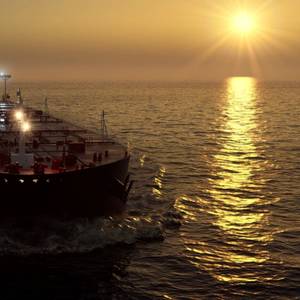
Britain targeted Russia's two largest oil companies, Lukoil and Rosneft, and 44 shadow fleet tankers on Wednesday in what it described as a new bid to tighten energy sanctions and choke off Kremlin revenues.Lukoil and Rosneft were designated under Britain's Russia sanctions laws for what London described as their role in supporting the Russian government.
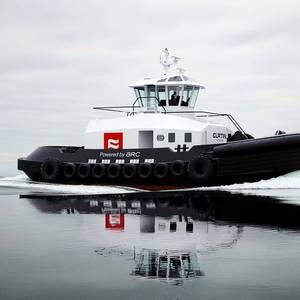
While political winds in the U.S. have significantly tampered many ‘green’ projects, Curtin Maritime is domiciled in California, which is globally known for its strict environmental initiatives. To that end, Curtin Maritime inked a contract recently to invest $160m for eight new hybrid-electric tugboats, vessels being built by Snow & Co.
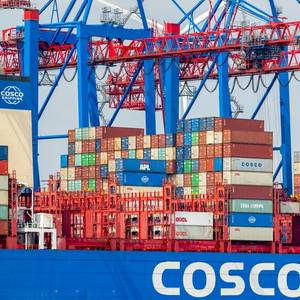
Rates for shipping cargo containers from China to the U.S. have dropped by more than half since earlier this month, as imports rebounded less than expected after the slump that followed President Donald Trump slapping 145% tariffs on China.Trump quickly reversed course by lowering the rate to 30%. That cost increase on goods from the nation's No.
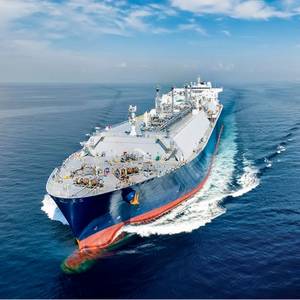
U.S. energy groups are asking President Donald Trump's administration to exempt liquefied natural gas tankers from a new rule that will require producers to move an increasing percentage of their exports on U.S.-built vessels as part of a broader push to revive domestic shipbuilding.The U.S. is the world's No.
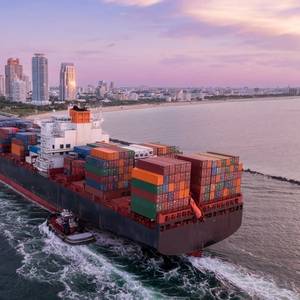
On April 17, the Trump administration shielded domestic exporters and vessel owners servicing the Great Lakes, the Caribbean and U.S. territories from port fees to be levied on China-built vessels.The Federal Register notice posted by the U.S. Trade Representative (USTR) was watered down from a February proposal for fees on China-built ship of up to $1.5 million per port call.
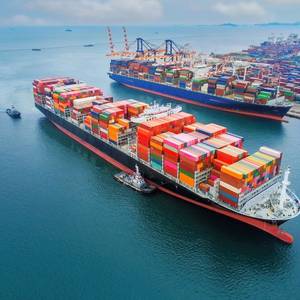
The global economy is bracing for renewed turbulence following U.S. President Donald Trump’s announcement on Wednesday of sweeping new tariffs, triggering fears of a global trade war and sparking immediate market and political reactions.According to the White House, the new measures include a 10% minimum tariff on most imported goods, with certain products - particularly those from major U.S.
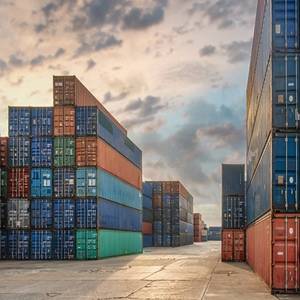
President Donald Trump said on Wednesday that he would impose a 10% baseline tariff on all imports to the U.S. and higher duties on dozens of other countries, including some of the United States' biggest trading partners, deepening a trade war that he kicked off on his return to the White House.

Nippon Yusen (NYK), Japan's largest shipping line, is concerned that U.S. President Donald Trump's tariffs could push up the cost of automobiles and daily goods, denting consumer demand and slowing cargo flows, its president said."The tariffs are not directly borne by consumers, but the burden ultimately falls on them, which in turn reduces the actual flow of goods.
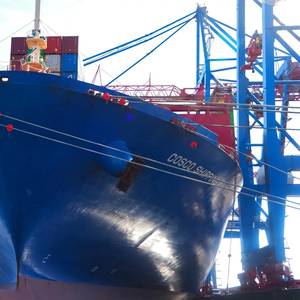
A Trump administration proposal aimed at reviving the U.S. shipbuilding industry may backfire by imposing steep fees on China-linked vessels—penalties that industry leaders say would hurt American ship operators and ports rather than help them, industry executives said at U.S. Trade Representative hearings on Monday.
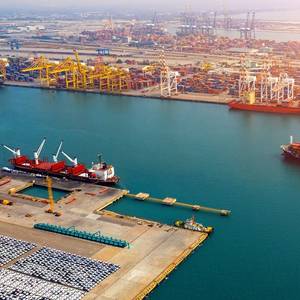
The China Shipowners' Association opposes a U.S. proposal to slap hefty port entry fees on ocean cargo carriers that own or have ordered vessels from China, saying it violates international rules and U.S. laws, according to a statement seen by Reuters on Thursday.U.S. President Donald Trump's administration aims to partially pay for an American shipbuilding comeback with those fees
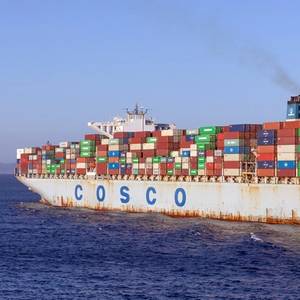
The U.S. Trade Representative's office has proposed charging up to $1.5 million for Chinese-built vessels entering U.S. ports as part of its investigation into China's growing domination of the global shipbuilding, maritime and logistics sectors.USTR said in a January 16 report on a probe launched during the administration of former President Joe Biden that China increased its share of global
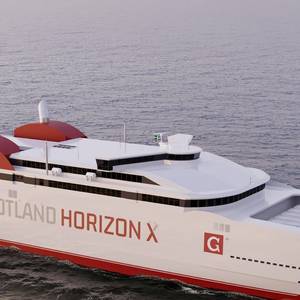
Austal Limited said that Austal Australasia has been awarded a contract valued between A$265 and A$275 million by Gotlandsbolaget of Sweden for the design and construction of a 130-m combined cycle, ‘hydrogen-ready’ vehicle passenger ferry. Part of Gotlandsbolaget’s ‘Horizon X’ program, the high-speed ROPAX catamaran will be the largest vessel ever constructed by Austal, and feature a unique